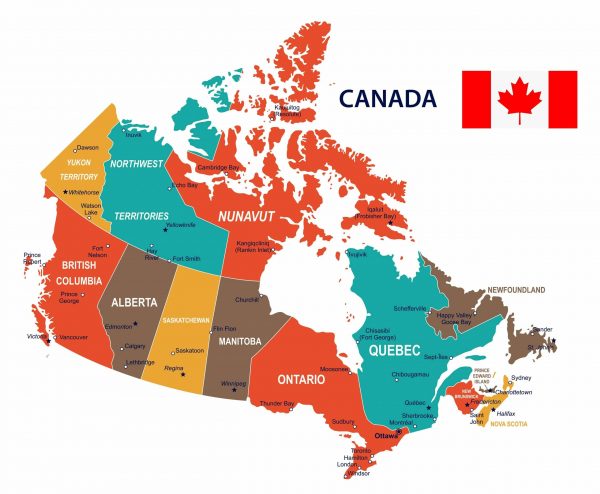Canadian immigration matters often require a police clearance certificate and/or RCMP criminal record check. WR provides the following overview to familiarize clients with Global Affairs Canada’s request for these documents as well as necessary document procurement procedures.
Police clearance certificates are issued in Canada by the Royal Canadian Mounted Police (RCMP), the federal police service, and are commonly referred to as “RCMP criminal record checks.” Applications for RCMP checks for immigration purposes require fingerprints to be taken by a local police station in Canada, or by an accredited fingerprinting company inside or outside Canada. A list of accredited companies can be requested at CCRTIS-SCICTR@rcmp-grc.gc.ca. The fingerprints are then submitted to the RCMP’s Canadian Criminal Real Time Identification Services (CCRTIS) for searches of the National Repository of Criminal Records, and the RCMP issues a one-page criminal record check displaying the fingerprints, the person’s picture, the content of the repository, and the official RCMP dry seal.
The RCMP criminal record check may be submitted to Canada’s Ministry of Foreign Affairs, referred to as “Global Affairs Canada,” for authentication. Authentication is the certification of the genuineness of the RCMP’s seal so that the issued document may be recognized in another jurisdiction. Documents brought in person to Global Affairs Canada’s Authentication Office in Ottawa are processed on the spot, but may also be mailed in, or mailed to one of the Canadian consulates or embassies abroad that offer authentication services. In Canada this service is free of charge, but Canadian representations abroad may charge a fee. Because the government of Canada is not party to the Hague Apostille Convention, authentication by Global Affairs Canada is usually required before a foreign or Canadian document can be legalized by a foreign consulate or embassy.
A detailed process outline tailored to the type of document that requires authentication is on Global Affairs Canada’s website at https://bit.ly/2Qg5doc. As of this writing, the website includes a notice stating, “Due to the evolving situation regarding COVID-19, authentication services will be closed to the public until further notice. Our mail-in service will continue. Usual mail-in service standards may not apply.”


